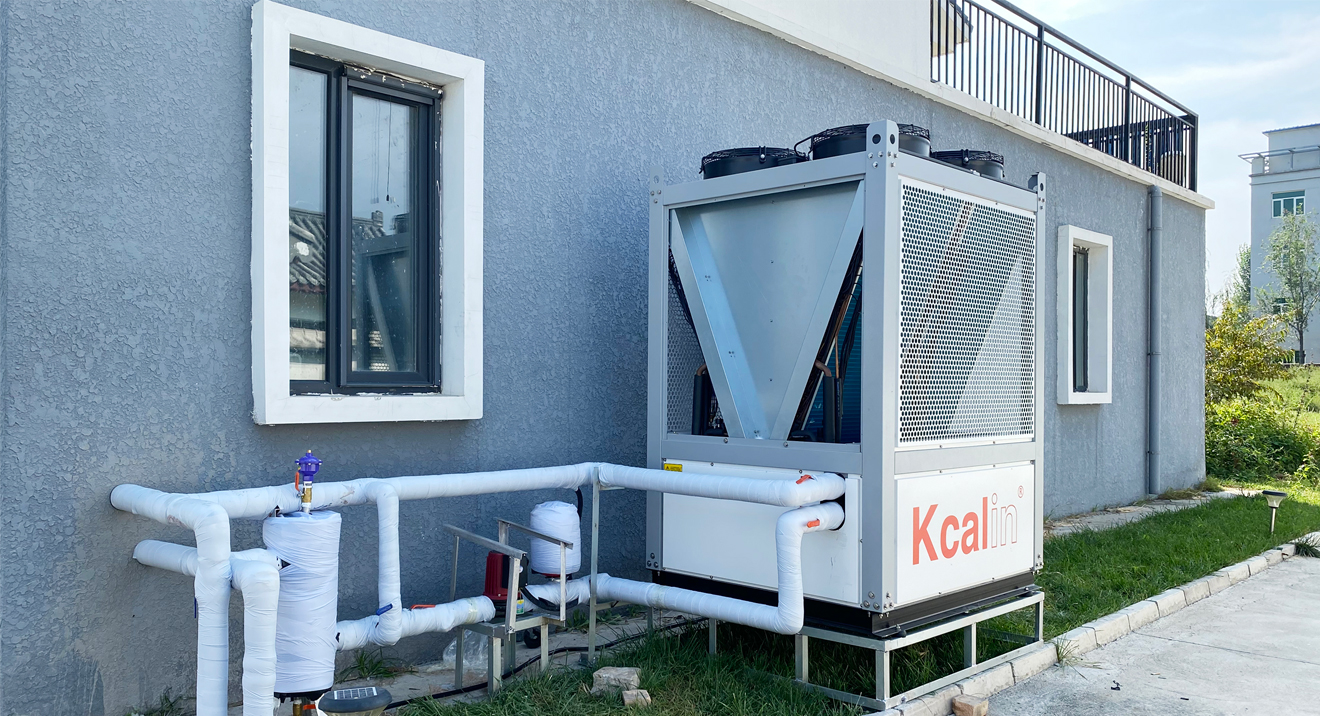With the continuous progress of technology, the control methods of laboratory ventilation systems are also constantly innovating. The new generation of intelligent control technology provides researchers with a more intelligent and efficient experimental environment, promoting scientific research into a new era.
The laboratory ventilation system is an important component of the laboratory working environment, which is directly related to the normal operation of experimental equipment and the health of researchers. Traditional ventilation systems not only meet basic needs, but also suffer from high energy consumption and low efficiency.
With the continuous deepening of scientific research and the increasingly stringent experimental conditions, the demand for innovative ventilation systems in laboratories has become increasingly urgent. The introduction of innovative control methods has become a key link in improving the efficiency and quality of the entire laboratory work.
Key features of innovative control methods

Intelligent regulation: The new generation of laboratory ventilation system adopts intelligent regulation technology, which monitors indoor air quality in real time through sensors and automatically adjusts ventilation volume according to experimental needs, ensuring that the experimental environment is always in good condition.
Energy conservation and environmental protection: Innovative control methods focus on energy conservation and environmental protection. By optimizing the operating mode of ventilation systems, energy consumption is reduced and the burden on the environment is reduced. The intelligent control system can accurately grasp the ventilation requirements and avoid unnecessary energy waste.
Multi level regulation: The new control method has the characteristic of multi-level regulation, which can dynamically adjust according to the overall load of the laboratory and specific experimental needs, ensuring that each area receives appropriate ventilation protection.
The advantages of innovative control methods
Improving experimental accuracy: Intelligent regulation enables the laboratory ventilation system to more accurately meet experimental conditions, improve experimental accuracy, and ensure the accuracy of scientific research data.
Humanized experience: Innovative control methods consider the comfort of personnel and can automatically adjust the ventilation mode based on personnel density, providing a more humane experimental environment.
Improving work efficiency: Through intelligent regulation, the laboratory ventilation system can respond more quickly and flexibly to experimental needs, improving the overall efficiency of scientific research work.
The successful application of innovative laboratory ventilation system control methods heralds the arrival of an intelligent research environment. In the future, with the continuous development of technology, control methods will become more perfect, providing more possibilities for scientific research. With the promotion of innovative control methods, it is expected to promote the improvement of industry standards for laboratory ventilation systems, bringing a higher level of experimental environment to the entire scientific research field.
The introduction of innovative laboratory ventilation system control methods has injected new vitality into the research environment and provided laboratory staff with a more intelligent and efficient work experience. With the continuous development of technology, innovative control methods are expected to become the new normal of laboratory ventilation systems, leading the future of scientific research environmental management.







Comment